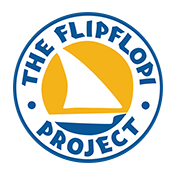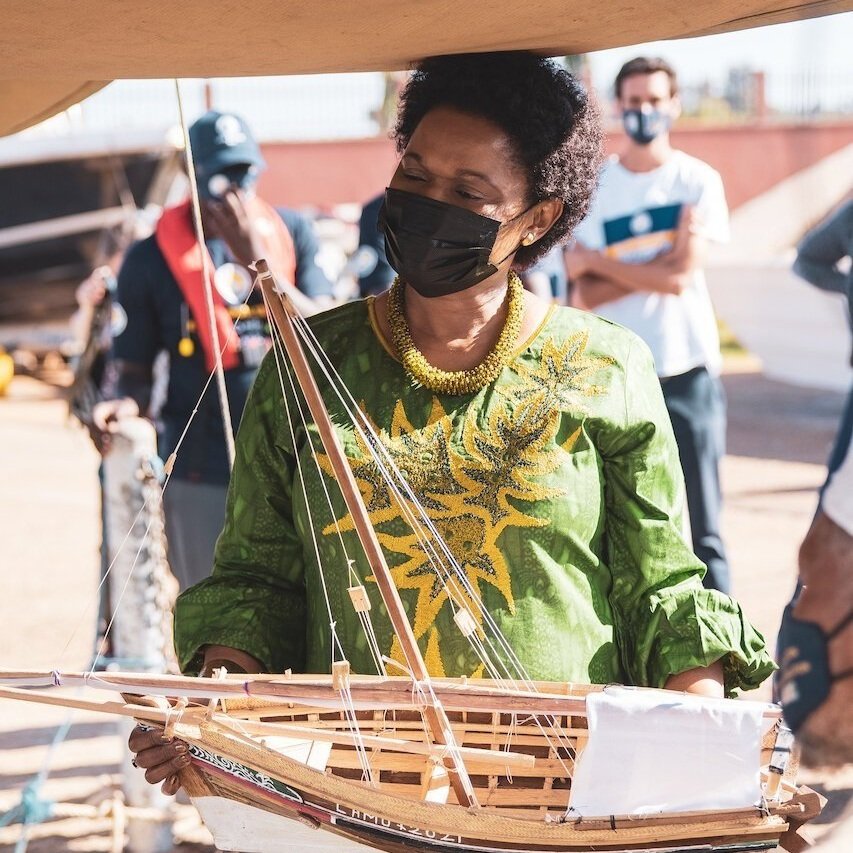Lake Victoria is silently dying, putting over 40 million people at risk
First published in The Citizen.
Lake Victoria, the world's largest tropical lake, is surrounded by some of East Africa's largest cities and a skyrocketing population estimated to be around 53 million in 2020. As the shores grow busier, the lake faces multiple threats, including chemical contamination from industries, illegal and overfishing, deforestation, and an enormous risk of plastic pollution.
In 2015, research conducted by Biginagwa et al. tested samples of Nile Perch and Nile Tilapia in the lake and found microplastics in 20% of fish tested, meaning ⅕ fish had ingested microplastics.
The plastics found are those in bags, mattresses, clothing, and hard plastics such as bottle caps. As we know, plastics are a chemical composition, and their contamination is disastrous - not only for human health but also for biodiversity health, affecting fertility and increasing the risk of cancers.
As the consumption of plastics around the lake grows, researchers on board the Flipflopi took this theory to the test during their expedition aimed at raising awareness on the issue of plastic pollution around Lake Victoria in 2021. On board the dhow made from recycled plastics, Bahati Mayoma, a scientist from the University of Dar es Salaam, led an investigative study on the presence of microplastics from the surface level to deep waters, including some of the most remote locations on the lake and in all three surrounding countries - Uganda, Tanzania, and Kenya.
Preliminary results from the study showed a 100% presence of microplastics in all 13 locations tested, and of the 29,000+ fragments collected, more than 60% were microplastics. Since microplastics have been found in human breastmilk, the placenta, the bloodstream, arctic ice, and nearly everywhere scientists have looked, these results are not surprising but reveal a horrifying reality with severe implications for our health, economy, and food security.
If drastic measures to protect the lake from pollution are not taken now, we could see a decrease in fish productivity due to the effects of ingesting plastics and an increase in cholera epidemics, which the region has already recorded due to unsafe, polluted water.
While Lake Victoria, the world's largest freshwater fishery raking in $600 million each year, is silently dying, millions continue to depend on it for freshwater and an income, putting them at risk of being plunged further into disease and poverty.
Regional legislation and formal waste management structures are essential to tackling this menace. Research has shown that the higher the population, the worse the pollution, meaning if proper waste management strategies are implemented - at source - waste flowing into the lake will decrease. But as the fish in the lake know no boundaries, neither do plastics, which is why more than 16,000 people have signed a petition calling for harmonized regional legislation on single-use plastics.
Single-use plastics are plastics designed to be used once and then thrown away. Less than 9% of all plastics produced are recycled and current waste-management infrastructure cannot handle the sheer volume of plastics consumed with reports showing less than 50% of waste in Tanzania is collected and in 2018, approximately 29,000 tonnes of plastic waste were disposed of in rivers and lakes.
While all three countries that house the lake have legislation addressing single-use plastics, they are not implemented equally. In 2021, two county governors from Kenya called for a regional ban on single-use plastics, and the Queen of Buganda, the largest kingdom in Uganda, echoed their call.
Lake Victoria is in a dire state pushing 19 legislators from all 7 EAC member states to unanimously agree that harmonized regional legislation on single-use plastics is essential to protecting our biodiversity, including shared resources such as the lake.
"Tanzania has recognised the importance of adopting SUP legislation starting with a plastic bag ban in June 2019 followed by a ban on straws and plastic film on water bottle caps in 2021. We know that single-use plastics are dangerous, and many that are in use are unnecessary. We're calling on the EAC to adopt SUP legislation to protect our citizens because, as we know, plastic knows no borders."
Tanzanian MP, Fatma Toufiq
Campaigners from the Flipflopi Project, supported by the African Legal Network, have drafted a bill calling for a regional ban on certain unnecessary single-use plastics, including balloons, cutlery, microbeads, and more. As we share resources, East Africa must take a collective approach to tackling these pollutants effectively.





